TOPICS
Alcohol & Underage Drinking: The Facts
Teens & Alcohol in Ossining: The Numbers
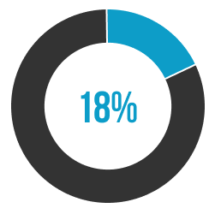
Alcohol use down by 18% since 2017
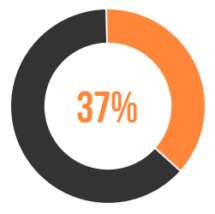
37% of kids who drink alcohol drink at their own home or someone else’s without any parent permission
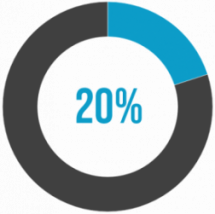
30 day alcohol rates are up to 20% higher than the national average
Underage Drinking: Personal & Community-Wide Consequences
The consequences of underage drinking aren’t limited to teens. Parents, friends, teachers, and the community at large are all impacted by many of the effects of teen alcohol use: violence, property damage, assaults, and deaths. This is not just a problem for some families – it is a nationwide concern.
Alcohol is a depressant, meaning that it reduces your body’s ability to function by slowing down messages within your brain, and between your brain and body. Derived from the fermentation of natural sugars in fruits, vegetables and grains, alcohol is then brewed and distilled into a wide range of beverages with varying proportions of alcohol. When you drink an alcoholic beverage, the alcohol itself – a relatively simple chemical – makes its way through the bloodstream to your brain and the rest of your body, causing a range of effects.
So why do young people drink alcohol? It’s natural for teens to try new things and take risks, and alcohol can seem like an attractive and readily available option. Sometimes people are simply curious, and may be unaware of alcohol’s negative effects. Others might feel anxious or stressed by circumstances in their lives, and see alcohol as a way to manage that. And still others are pressured by friends into drinking, or want to demonstrate increased independence by engaging in a forbidden behavior.
ALCOHOL IN YOUR BRAIN & BODY
Alcohol Can Be Toxic
Low doses of alcohol can create feelings of reduced tension and relaxation, which might seem good. But these feelings are the result of chemical reactions that reduce certain brain activity, depress heart rate and breathing, and can lead to a toxic buildup in the liver. Higher doses of alcohol increase these effects, and can damage the heart, kidneys, and liver. At the same time, alcohol’s effect on the brain can increase aggressive behavior, creating additional risks for those who drink, those around them, and those who care about them.
SOURCE: Substance Abuse and Mental Health Services Administration
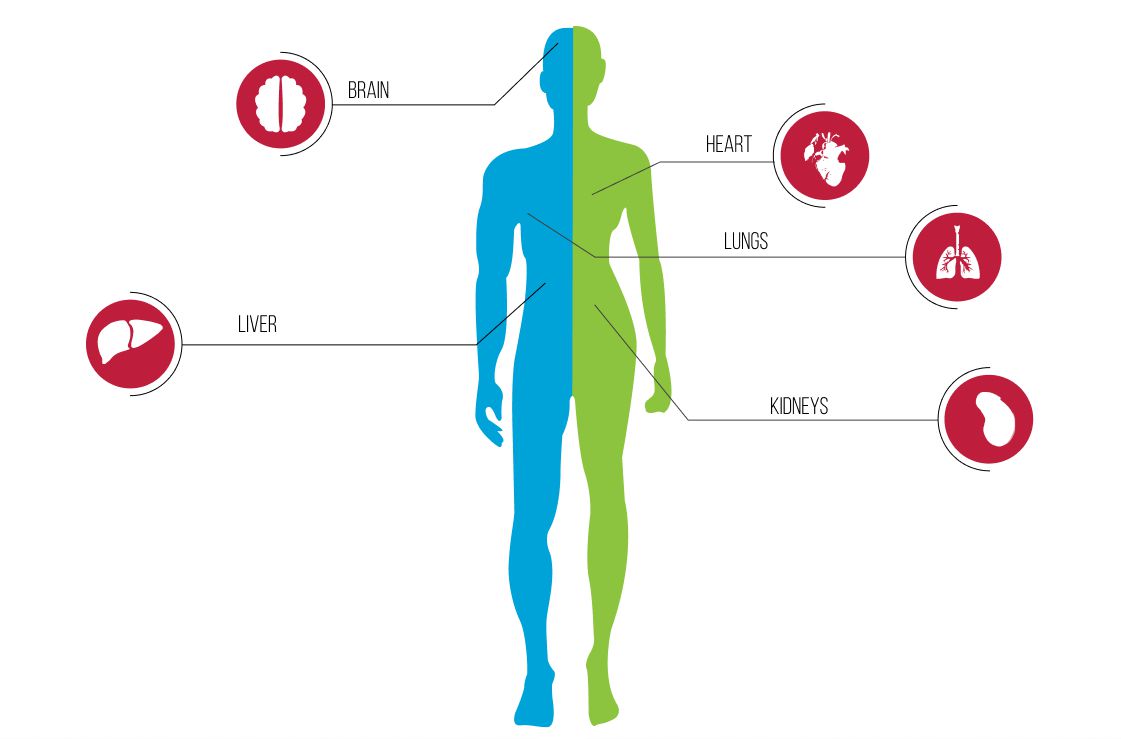
Teen Drinking & Development
Teenagers who consume alcohol face particular risks. The human brain continues to develop until age 25, and alcohol consumption before this time can effect that development. In fact, those who drink during their middle- and high-school years are more than 5 times as likely to develop substance abuse disorders in adulthood. They may also be at greater risk for other mental health ailments. Anyone can become addicted to alcohol, a condition known as Alcohol Use Disorder (AUD), but the younger you are when you start drinking, the greater your risk of developing AUD becomes.
Alcohol is Alcohol
Some people believe that certain types of alcoholic beverages can’t get you “too drunk.” The facts is, alcohol is alcohol, no matter what kind of drink it’s in. Beer, wine, hard liquor, and sweeter drinks like hard ciders and carbonated drinks, all have the potential to lead to over-intoxication and the other ill effects of alcohol. It’s true that drinks with high alcohol content (like liquors) cause intoxication and other effects in smaller amounts, but there is no “risk-free” type of drink. And because alcohol content and serving sizes are often difficult to determine, it’s easy to drink more alcohol than intended with any type of alcoholic beverage.
Binge Drinking is Toxic Behavior
Someone who engages in binge drinking—defined as 4 or more drinks in a row—is at a significantly increased risk for alcohol poisoning, which can have severe long-term health effects…including death. A binge drinker may experience blackouts, or periods she doesn’t remember once she is sober. While bingeing, a drinker may do something she wouldn’t normally do — things that may be embarrassing or even harmful — and that she doesn’t remember doing.Read More
Other Negative Consequences of Drinking
Alcohol’s direct impact on the brain and body can be harmful enough, but the adverse effects don’t stop there. The sometimes extreme cognitive impairment and reduced motor function that results from drinking alcohol leads to increased car crashes and other accidents, which can cause serious injury and death. Alcohol use is correlated with increased homicides and suicides, and can lead to other risky behaviors with negative emotional and physical outcomes. Research even shows that risks of physical and sexual assault increase with alcohol use.

Parents are the Key to Prevention
The new Grown Ups Show Up (GUSU) campaign is urging adults to Show Up and be good sources of information to teens and young people about the risks of underage alcohol and drug use. Initiating a conversation or answering tough questions on this topic may be difficult for parents and other role models, the campaign acknowledges, but is key when communicating with young people. Grown Ups Show Up! offers suggestions on how and when to start the conversation, handle pointed questions from kids, and navigate the influences – both positive and negative – of their friends. Adults, according to experts, need to begin by educating themselves on the risks of alcohol, vapes and drugs; set clear no use rules; avoid giving alcohol to young people; be familiar with their children’s friends and their parents; and if they do drink, drink responsibly. Grown Ups Show Up – or Los Adultos Se Presentan in Spanish – was co-developed by the coalition’s partner organizations.

BLOOD ALCOHOL CONTENT
When you drink, alcohol starts entering your bloodstream almost immediately, raising your Blood Alcohol Content, or BAC. The more alcohol you take in, the higher your BAC, and the more impaired you become. Drinking too much and/or too fast, also known as binge drinking, can lead not just to over-intoxication, but to other effects such as vomiting, loss of balance and reduced motor function, and even memory loss or blackouts.
Check out these great links on Alcohol Levels and Binge Drinking:
Blood Alcohol Level & Effects on the Body
What is a standard Drink?
What is Binge Drinking?
Binge Drinking in Women & Girls
OUR COMMUNITY & ALCOHOL
Alcohol Addiction
Like other drugs, alcohol can be addictive – a person can become so dependent on drinking alcohol that they can no longer control their drinking. This causes disruptions to their family life, to their professional or school work, to their relationships, and to their health. Alcohol addiction is also called alcohol use disorder or AUD, and can be diagnosed by a doctor and treated.
The treatment may be complex and could involve a combination of counseling, medications, in-patient treatment in hospitals or other facilities (especially when other complex medical needs are present), and other therapies. It’s important to remember that help is available for anyone who needs it.
Don’t Hesitate to Get Help
Most alcohol emergencies and drug overdoses happen in someone’s home, with other people present. Often, immediate medical attention can prevent these emergencies from becoming fatal or leading to permanent injuries. But all too often, the other people present don’t call 911 out of fear of being arrested or getting in other legal trouble.
NYS’s Good Samaritan Law allows anyone to call 911 for medical assistance without fear that they—or the person in need of assistance—will face criminal charges for underage drinking, drug use, or possession (up to 8oz). If someone needs help, don’t think twice: dial 911 right away. Then wait for emergency responders to arrive so you can provide information that may help them care for your friend or loved one.
Underage Drinking & The Law
NYS has ZERO TOLERANCE for underage drinking and driving. Teens can get a ticket for driving while impaired if they’ve had anything to drink. License suspension, increased insurance rates, other consequences may follow—not to mention the high risk of an accident while you’re driving.
Under Westchester County’s “Social Host” Law, Ossining parents and other adults over the age of 21 can be criminally charged for providing teens with alcohol, or for allowing underage drinking to go on in their home without stopping it or reporting it to law enforcement. It harms our community, and it isn’t worth the risk: don’t play host to underage drinking!
Keep Alcohol in Check
The Ossining Police regularly conduct Compliance Checks to ensure local businesses aren’t selling alcohol to anyone under 21. While most of our local businesses make a concerted effort to keep alcohol out of our teens’ hands, we still see sales to minors occurring—and that can lead to serious consequences for businesses who get caught.
SIGNS OF ALCOHOL POISONING
 MENTAL CONFUSION
MENTAL CONFUSION
 UNRESPONSIVE
UNRESPONSIVE
 PALE OR BLUISH SKIN
PALE OR BLUISH SKIN
 LOSS OF CONSCIOUSNESS
LOSS OF CONSCIOUSNESS
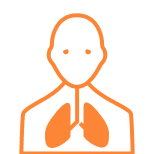 ERRATIC BREATHING
ERRATIC BREATHING
 SNORING/GASPING FOR AIR
SNORING/GASPING FOR AIR
 HYPOTHERMIA
HYPOTHERMIA
 THROWING UP
THROWING UP
ALWAYS CALL 911
You can’t get in trouble—and neither can anyone who may need medical assistance—for calling 911 when someone needs help. The New York State 911 Good Samaritan Law allows people to call 911 without fear of arrest if they are having a drug or alcohol overdose that requires emergency medical care or if they witness someone overdosing. Learn more.